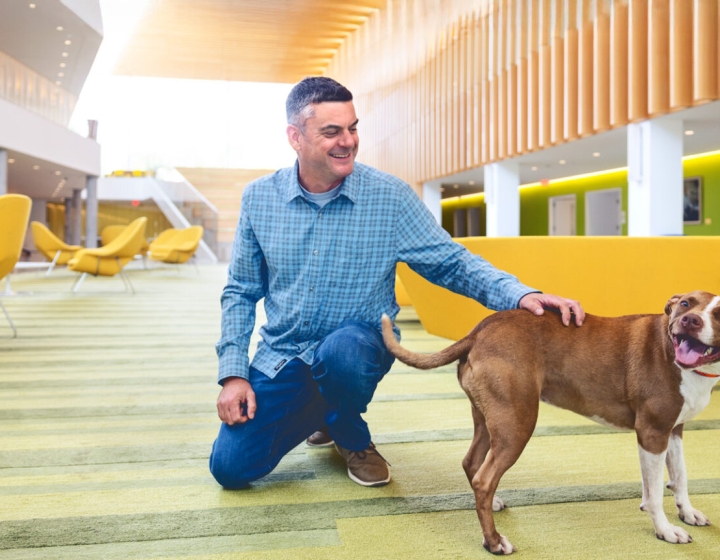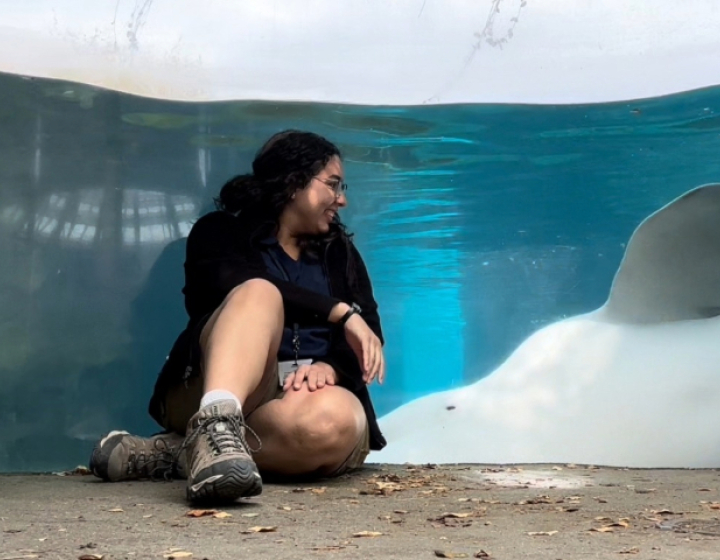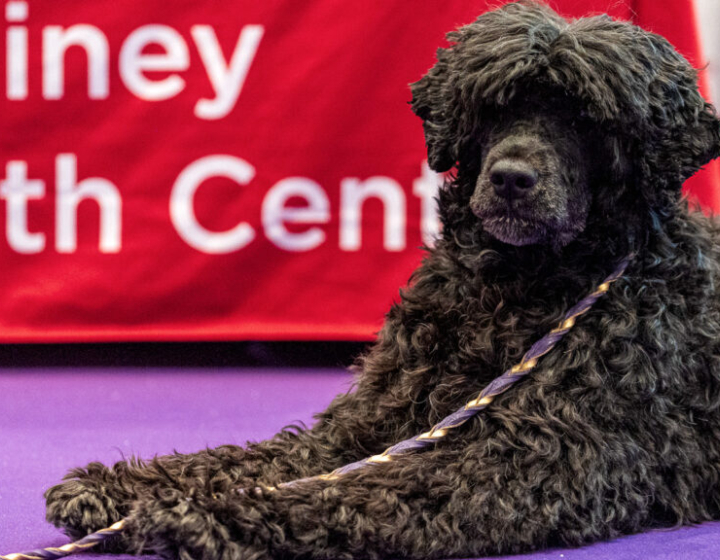Whether you aspire to be a primary care veterinarian, a specialist working in a hospital, or a scientist solving issues in animal health, Cornell University College of Veterinary Medicine serves as a springboard to help you achieve your career goals.
For those looking to apply to our veterinary degree program: discover if Cornell is the right fit for you, explore our curriculum, learn about financial aid, deadlines and requirements, and begin the application process.
For both incoming and current students: your comprehensive resource for questions, services, support and information, including the student handbook, registrar, and career and support services.
Contact Us







